On a mission to change the fates of local coffee farmers
June 24, 2025
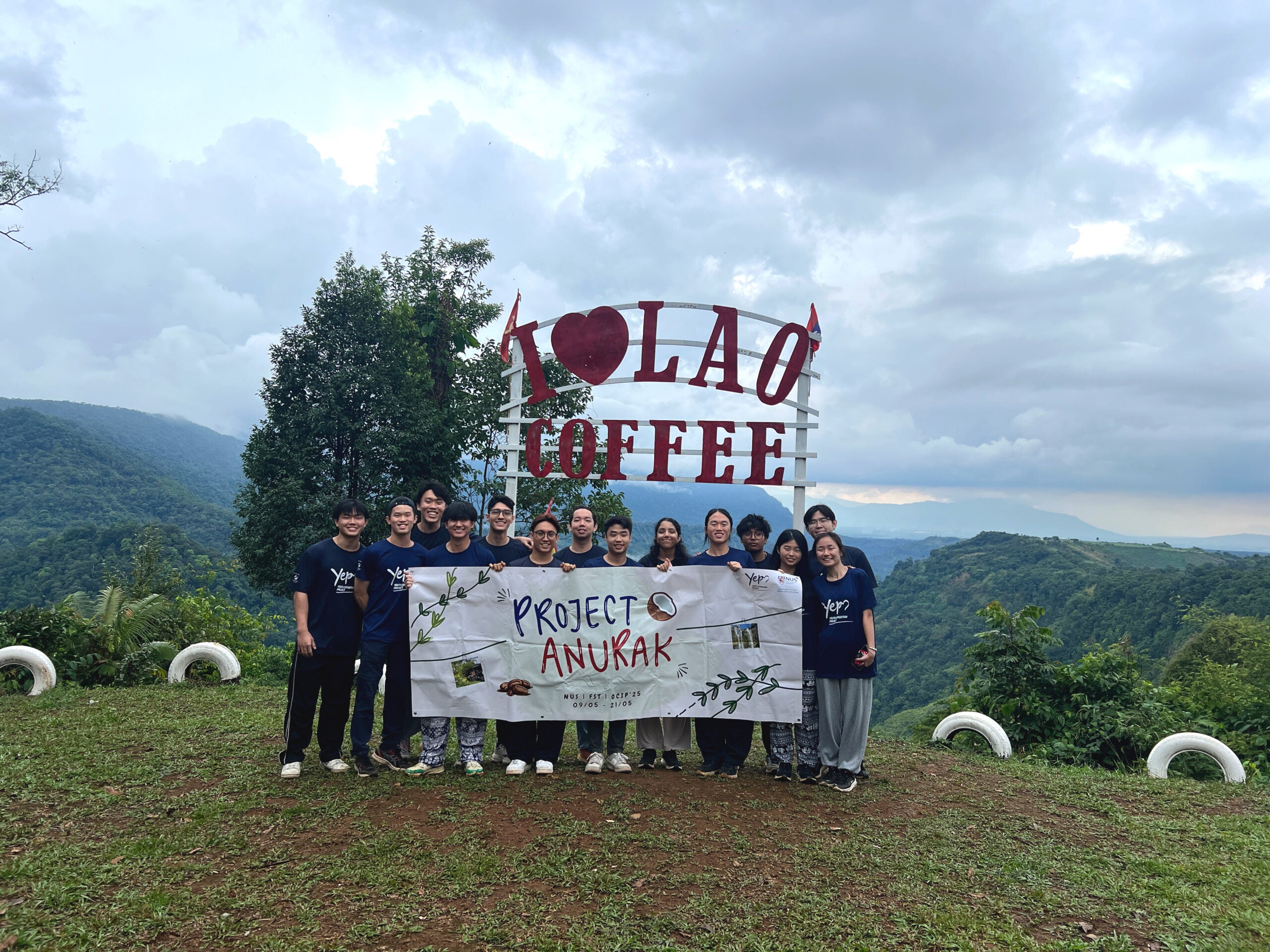
Against a backdrop of climate change and poverty in Paksong, Laos, College of Humanities and Science (CHS) student Jacob Tan hopes to make a meaningful difference in the lives of local farmers.
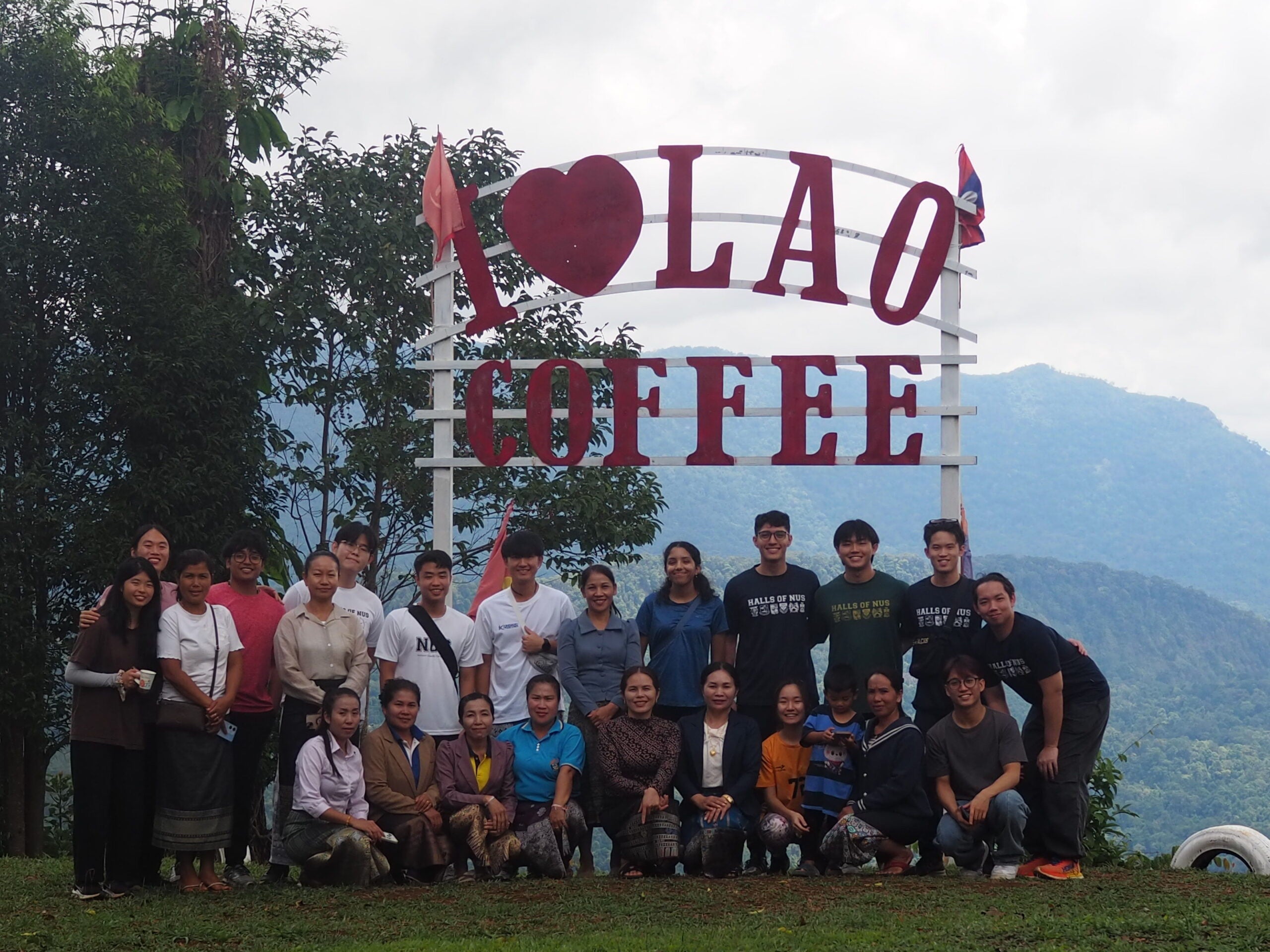
For many farmers in developing countries, coffee is one of the main crash crops, often cultivated with an age-old method of growing coffee under the shade of avocado and cacao trees. It was during a visit to Laos that Jacob saw for himself the challenges faced by coffee farmers there and the accompanying issues of food wastage, for instance, when farmers discard avocados during the rainy season.
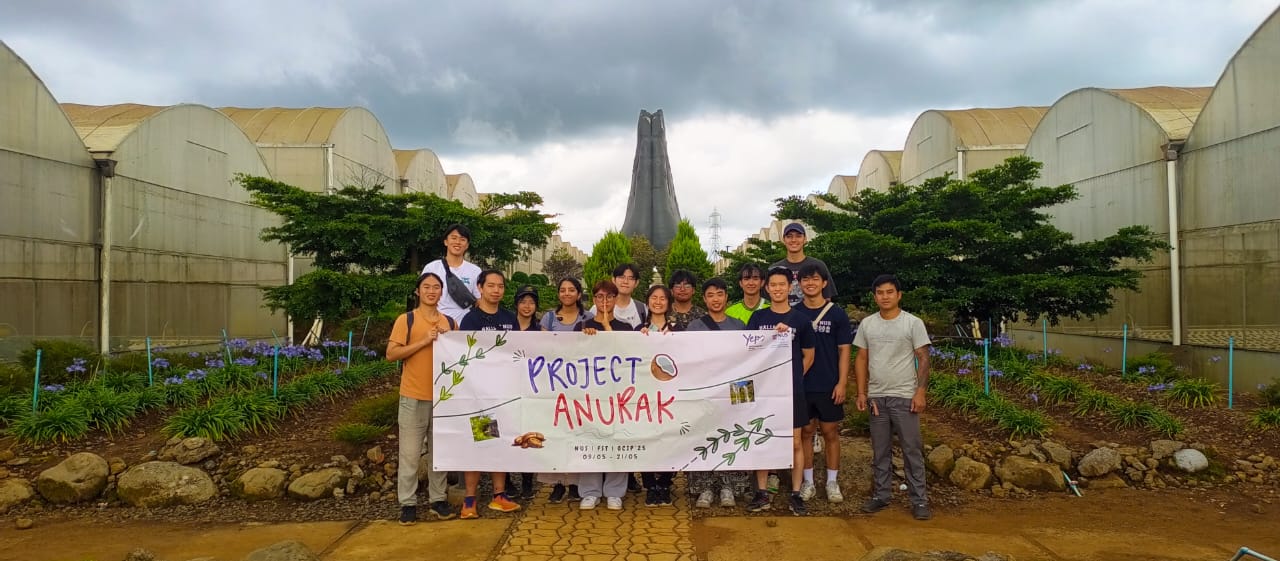
The desire to bring socially, environmentally and economically sustainable practices to the local community while enriching their lives at the same time inspired Jacob to start an Overseas Community Involvement Project (OCIP), Project Anurak – where he and his team had the opportunity to apply what they learn in their Food Science and Technology course to “plant the seeds for longer-term improvements in food use and preservation.”
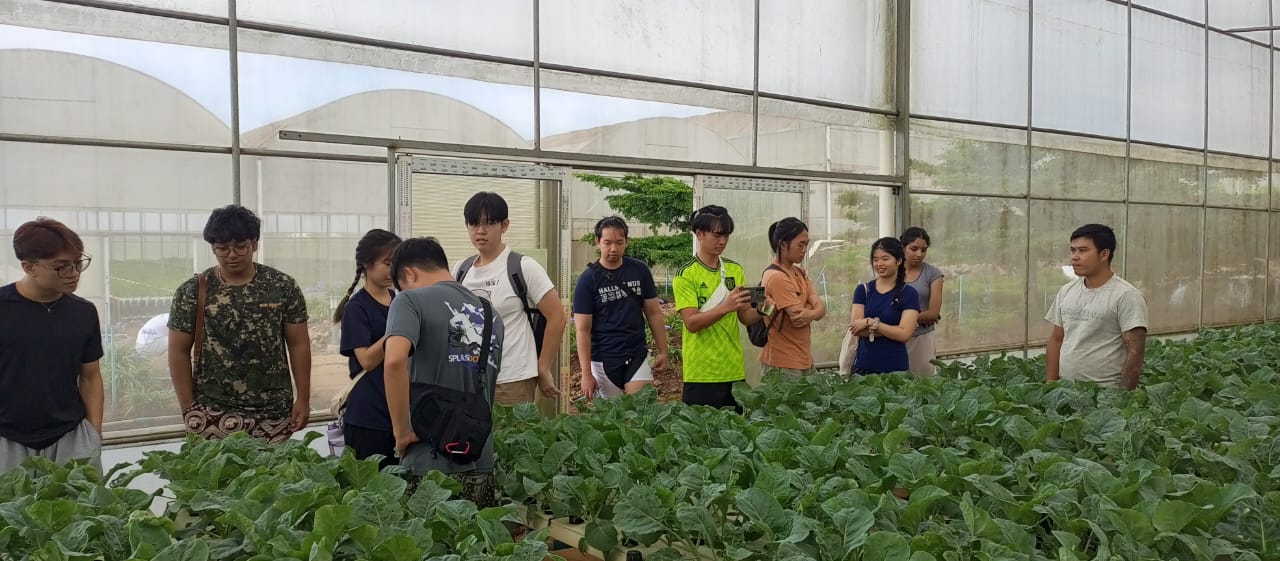
Jacob says, “First, we sought to reduce food wastage by introducing new techniques and recipes to prepare avocados, using byproducts such as coconut pulp and used coffee grounds. Secondly, by introducing new ways to repurpose this produce into enjoyable products, we hope to improve the farmers’ livelihood by enabling them to sell these products for additional income.”
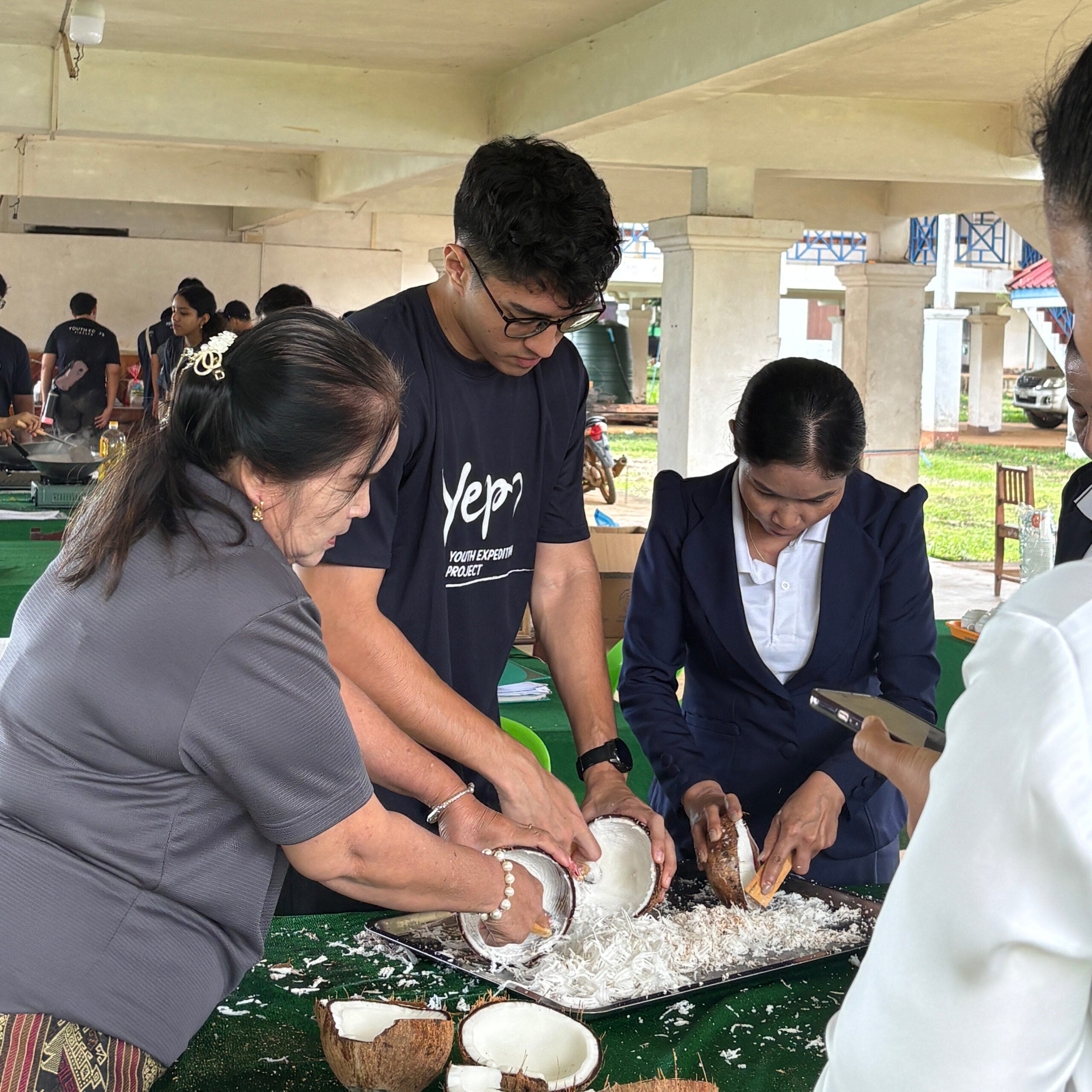
Project Anurak offered a range of workshops utilising locally available produce – namely coconuts, avocados, cacao and nuts – to create new finished products. The workshops taught the local villagers new and innovative ways to process, store and cook their local produce, imparted knowledge on fresh fruits / nuts / vegetable processing and storage methods and introduced them to local Singaporean recipes which encouraged culinary exchange and creativity.
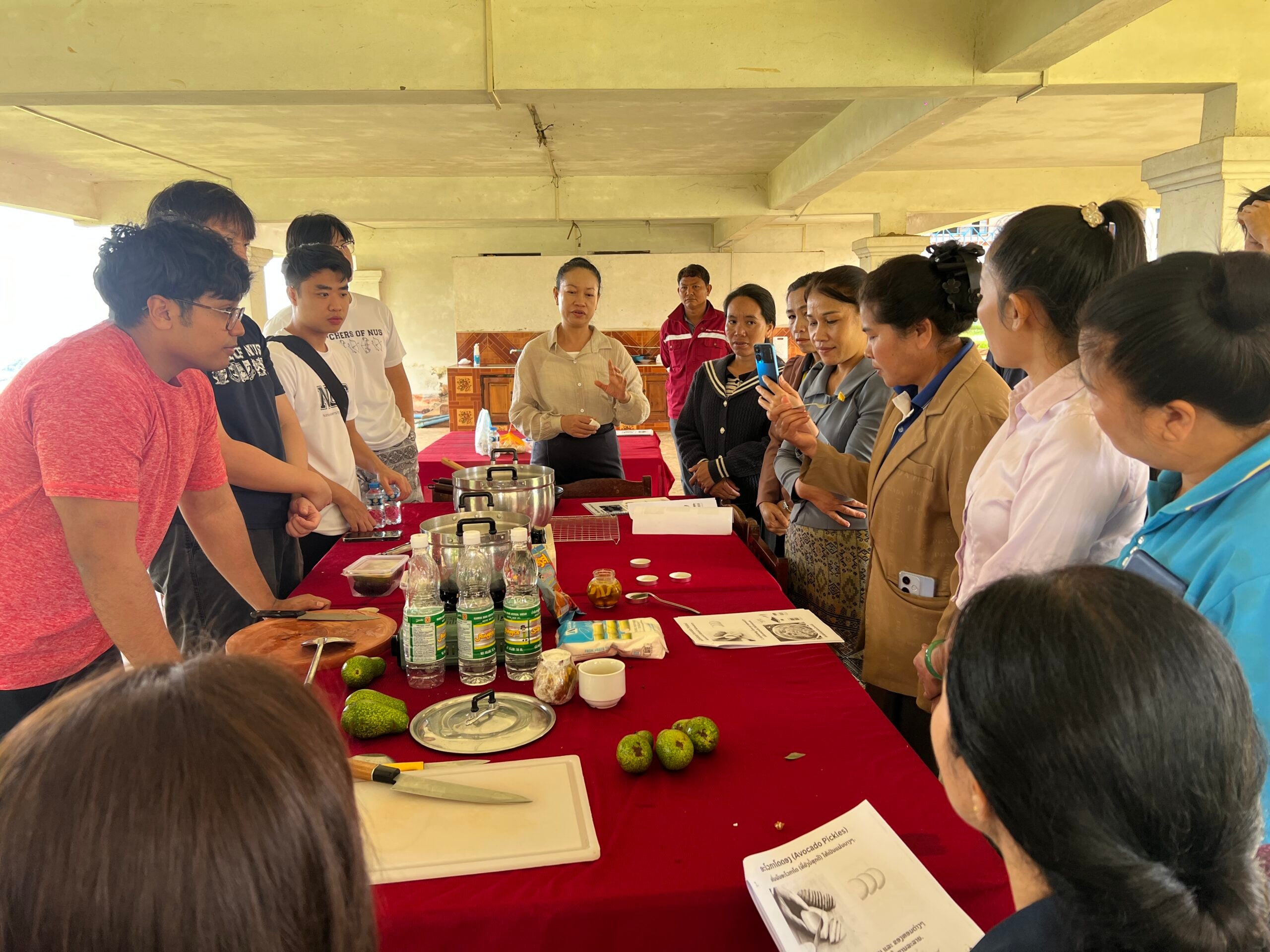
For example, one of the workshops taught the villagers how to use avocados to create new recipes such as pickles, guacamole, smoothies and avocado banana jam. These methods will not only reduce food waste by extending shelf life, but also enhance household nutrition and variety in meals.
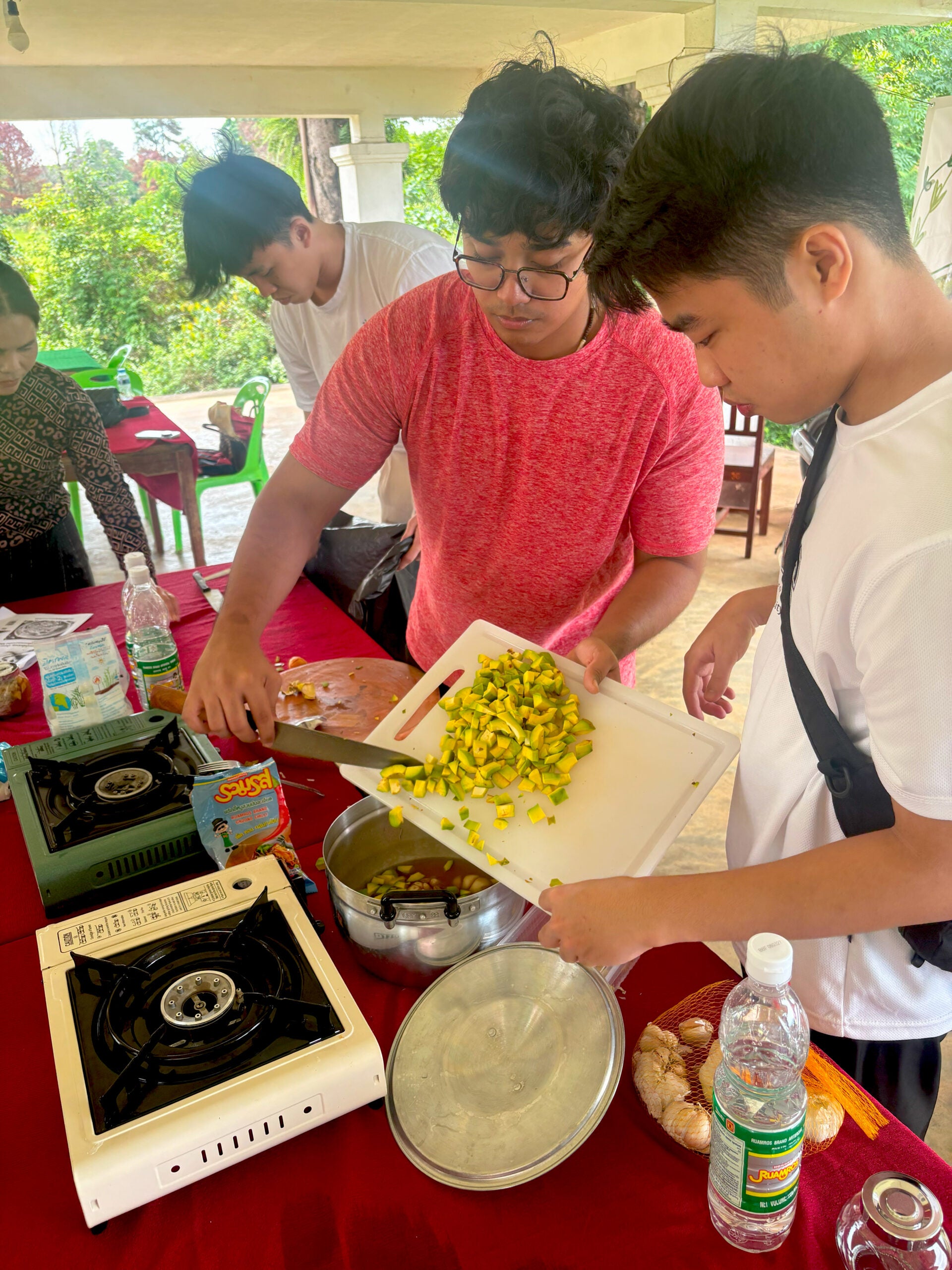
The team also donated the workshop equipment, such as blenders, gas stoves and recipe manuals, to enable the villagers to continue practicing the techniques.
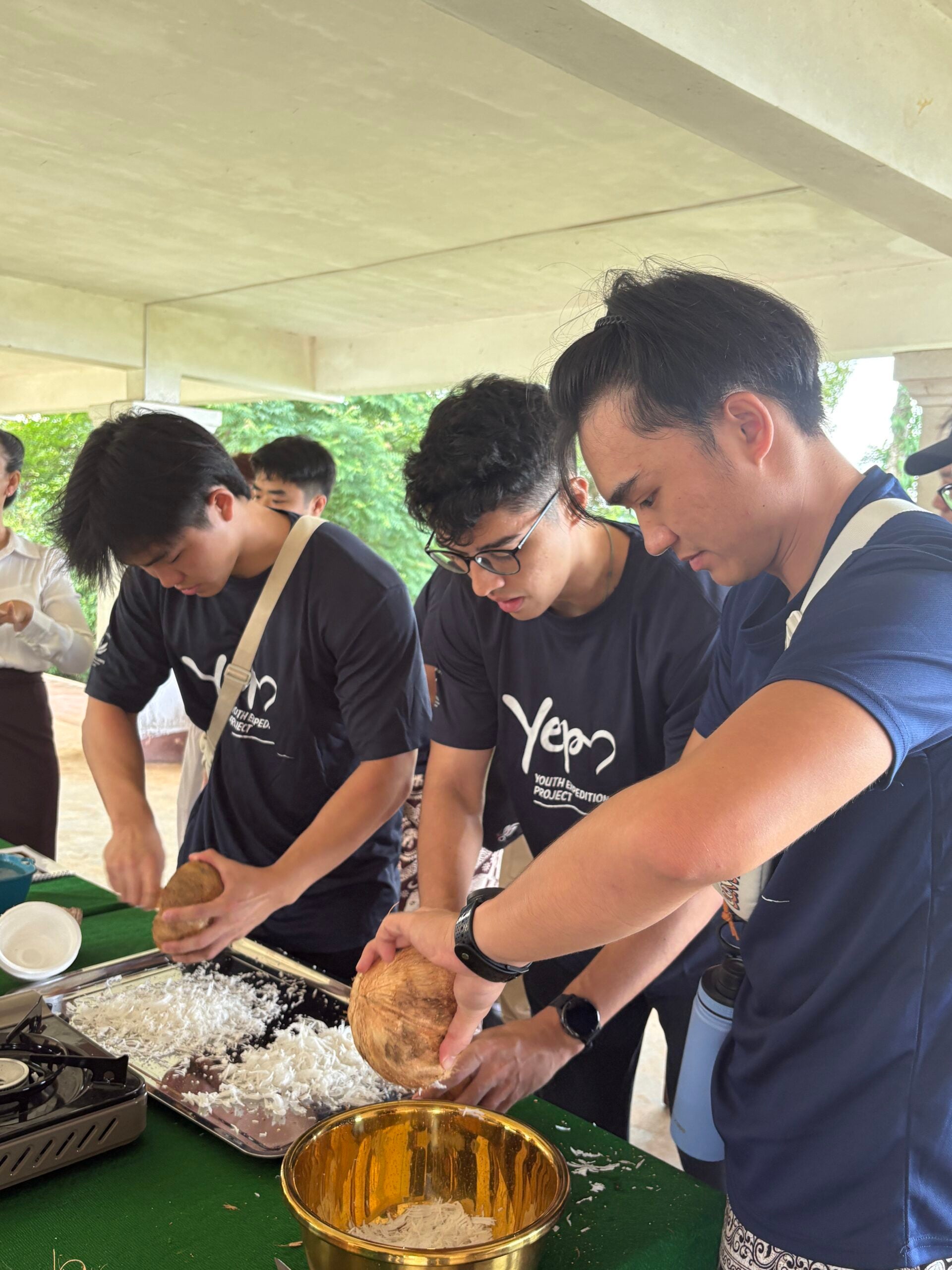
“I believe that our work was effective in bringing new ideas and recipes to the villagers, which they can now choose to incorporate in their daily cooking practices,” Jacob says.
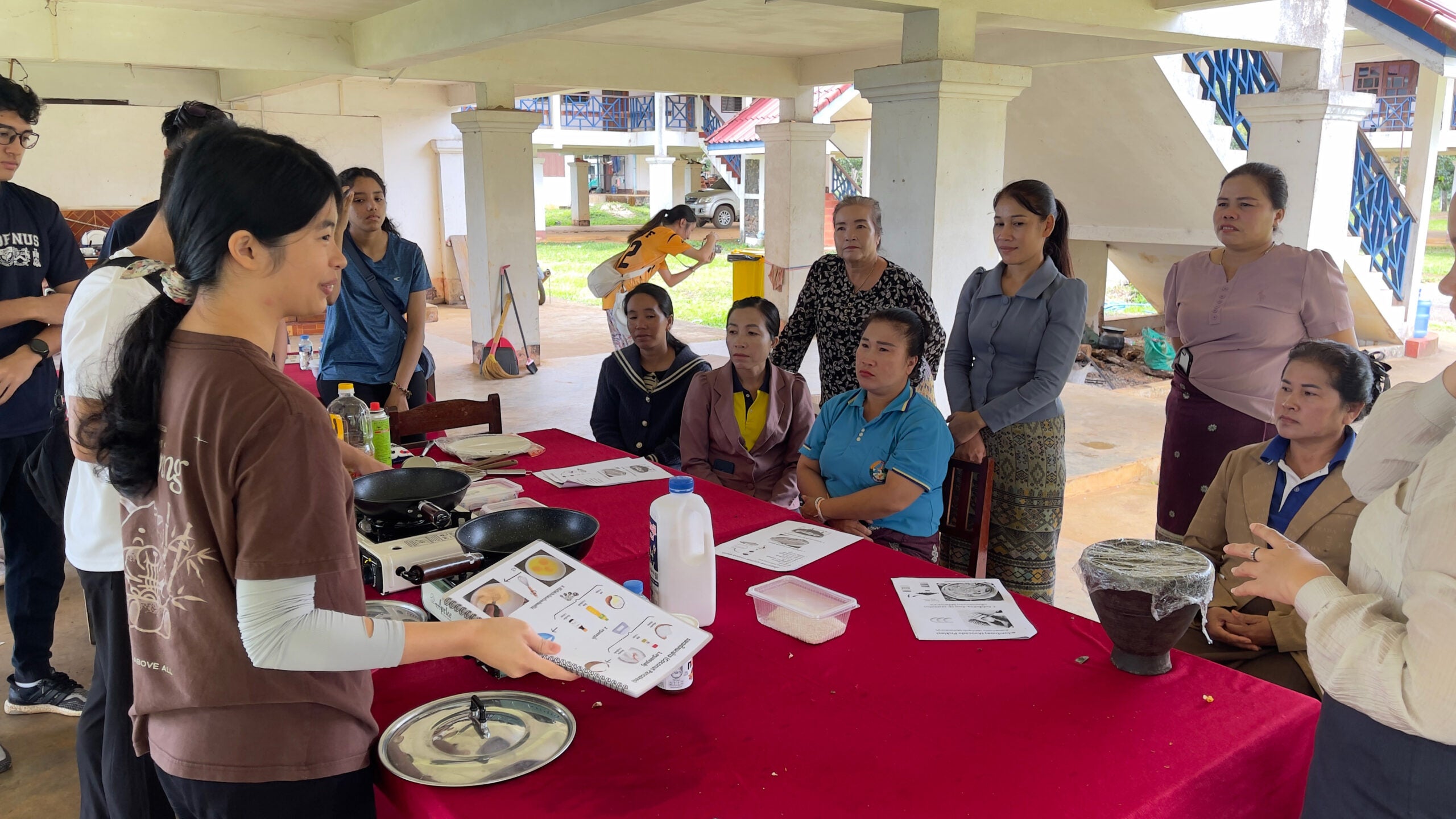
Not withstanding some challenges, such as communication problems, Jacob and his teams experienced numerous memorable moments.
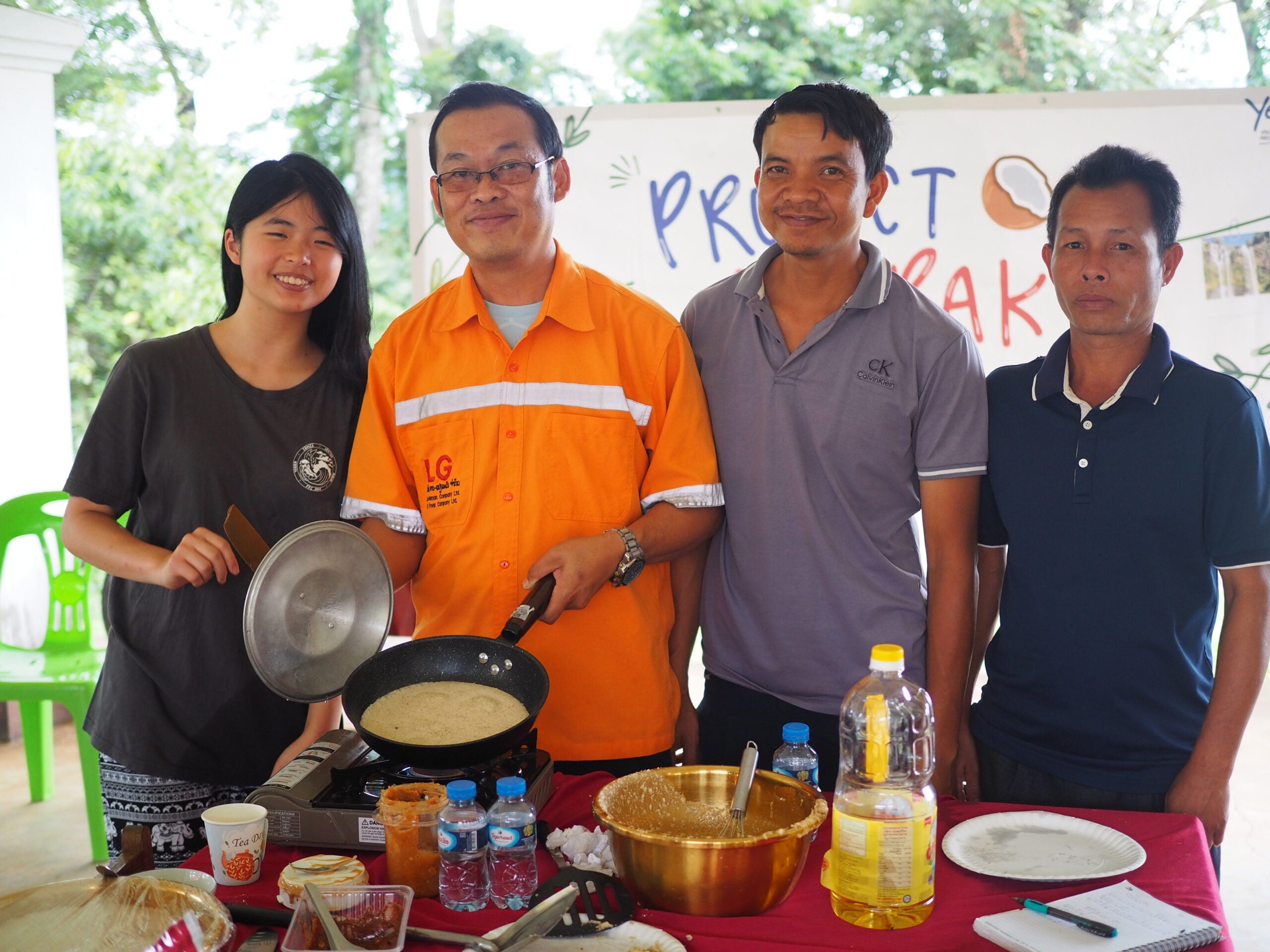
For instance, a meeting with Swaran, a farm manager, reminded the team of “the value of on-the-ground learning and how meaningful it is to learn directly from someone who truly lives and breathes their work.” The engagement with Swaran, who shared insights from his work in Laos – such as farm management techniques across different climates and how countries are shifting towards multicrop and shelter farming to adapt to resource constraints – as well as on his roots in India – left a lasting impression.
Another standout moment was the traditional lao dance with the locals, which also served as a farewell dance. This experience, Jacob says, “reminded me that genuine human connection often transcends language, education level or cultural background…It also made me reflect on the power dynamics that sometimes exist in overseas service and how authenticity, not authority, fosters mutual respect.”
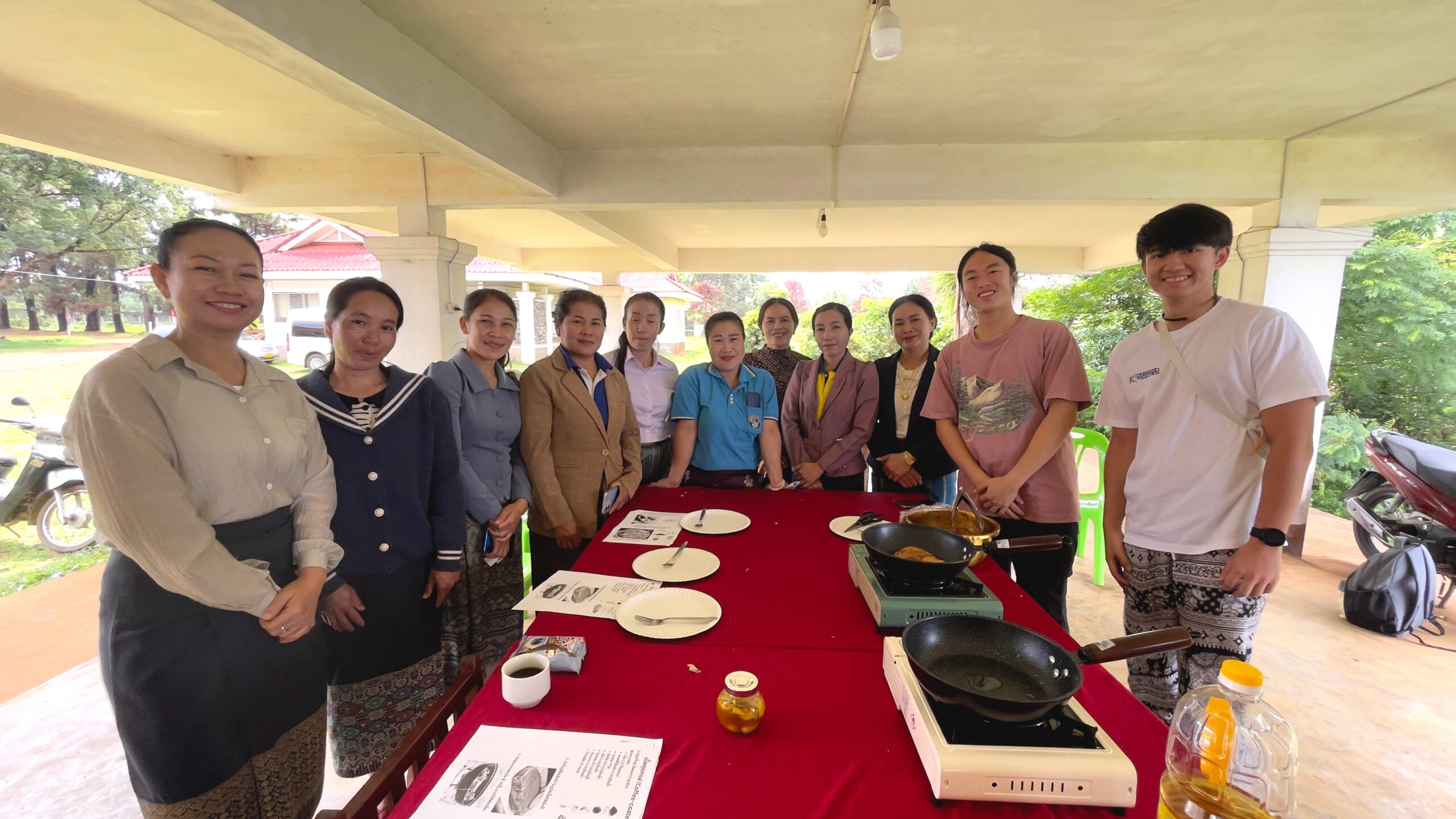
All in all, the overseas experience imparted valuable perspectives that would not have been possible through lectures or textbooks alone. The team came away with learning takeaways aplenty. These include learning how to translate technical knowledge into simple, hands-on activities that were relevant to the villagers’ everyday lives – an insight that is equally applicable in communicating complex scientific concepts in an accessible way.
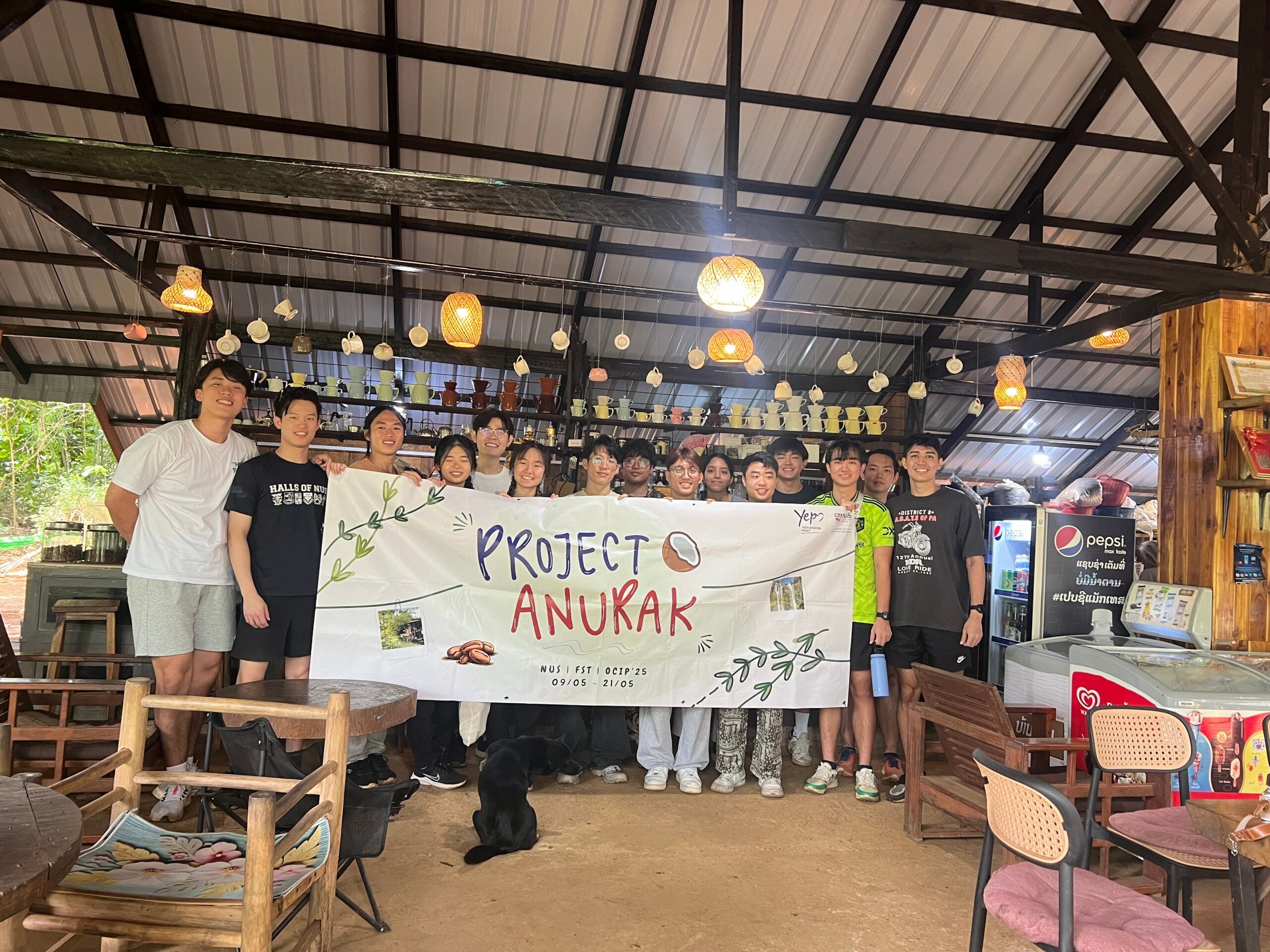
Despite limited access to sophisticated tools or ingredients, the villagers were adaptive in experimenting with new recipes and techniques. Oftentimes, their methods of cutting open fruits, roasting cacao beans and flavouring stews proved more effective than any technical recipe – this offered yet another important insight into the importance of resourcefulness, cultural sensitivity, active listening and mutual respect in community engagement.
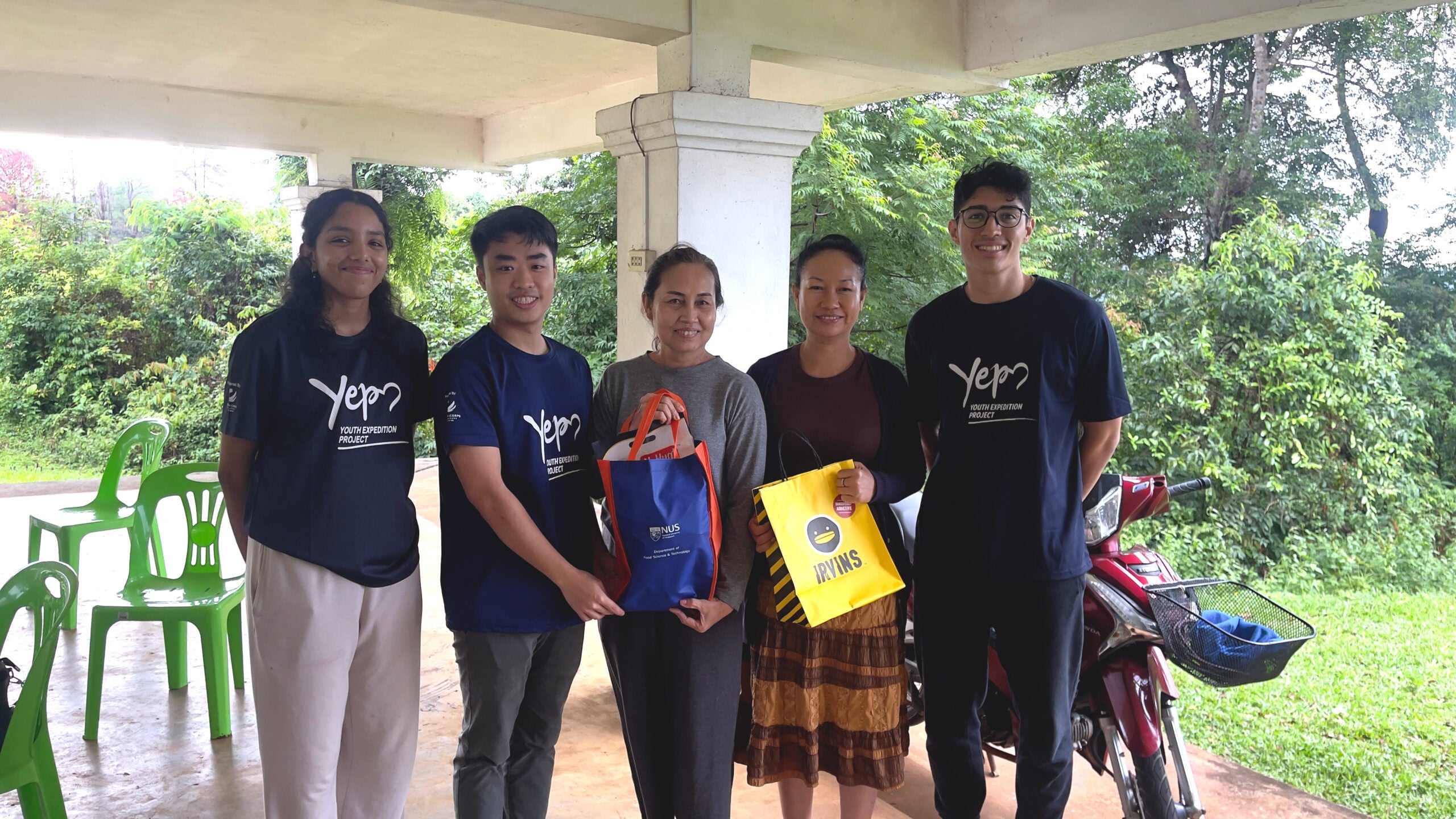
Mythili Prakash, Vice President of Project Anurak, says, “The experience reaffirmed my interest in using food science to make a meaningful impact on communities. My lessons on food processing and preservation are acquired in the safety of controlled laboratory environments. But this project showed me the importance of translating that scientific knowledge into practical, culturally relevant applications.”
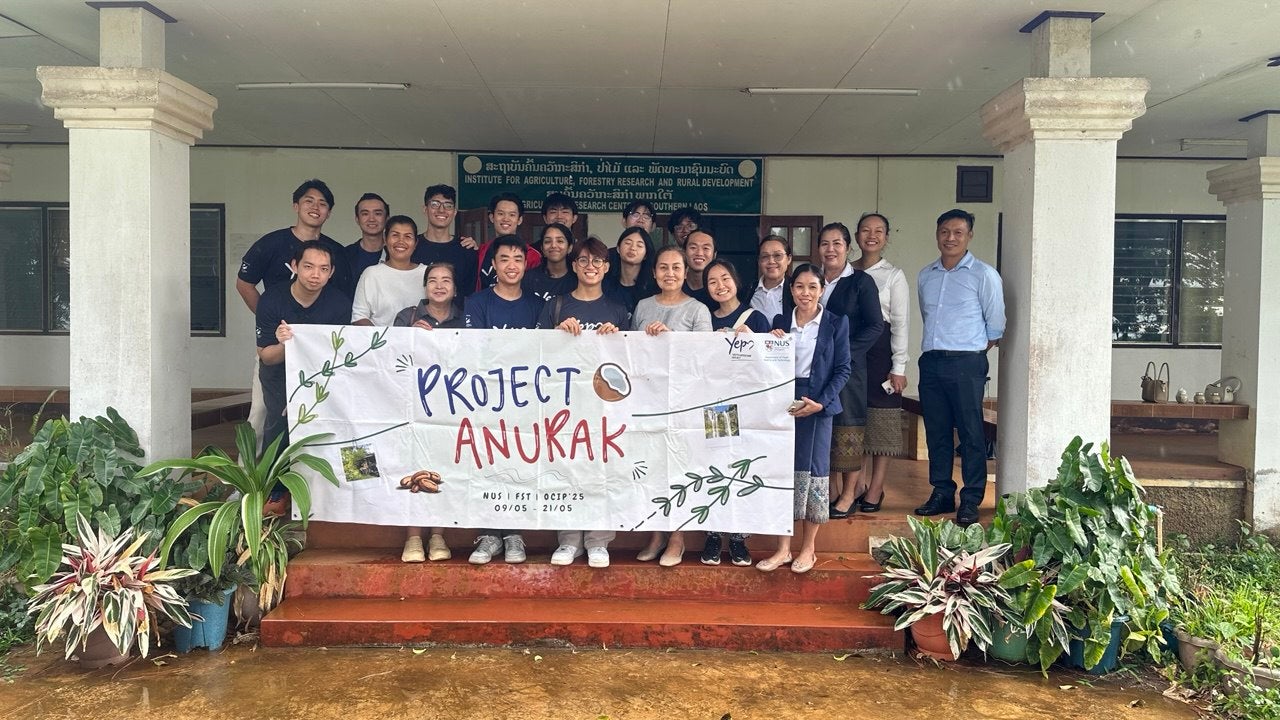
Jacob adds, “I went into this project expecting to teach but I walked away having learned just as much.”
Acknowledgements
Our sincere thanks to the following:
- Host organisation: Dr Bounthong Bouahom, Managing Director, National Agriculture and Forestry Research Institute, Laos
- Chemistry alumnus Mr Jeremy Choong for coordinating activities in Laos
- Food Science and Technology Society Staff Advisors Ms Lee Chooi Lan and Dr Liu Mei Hui

